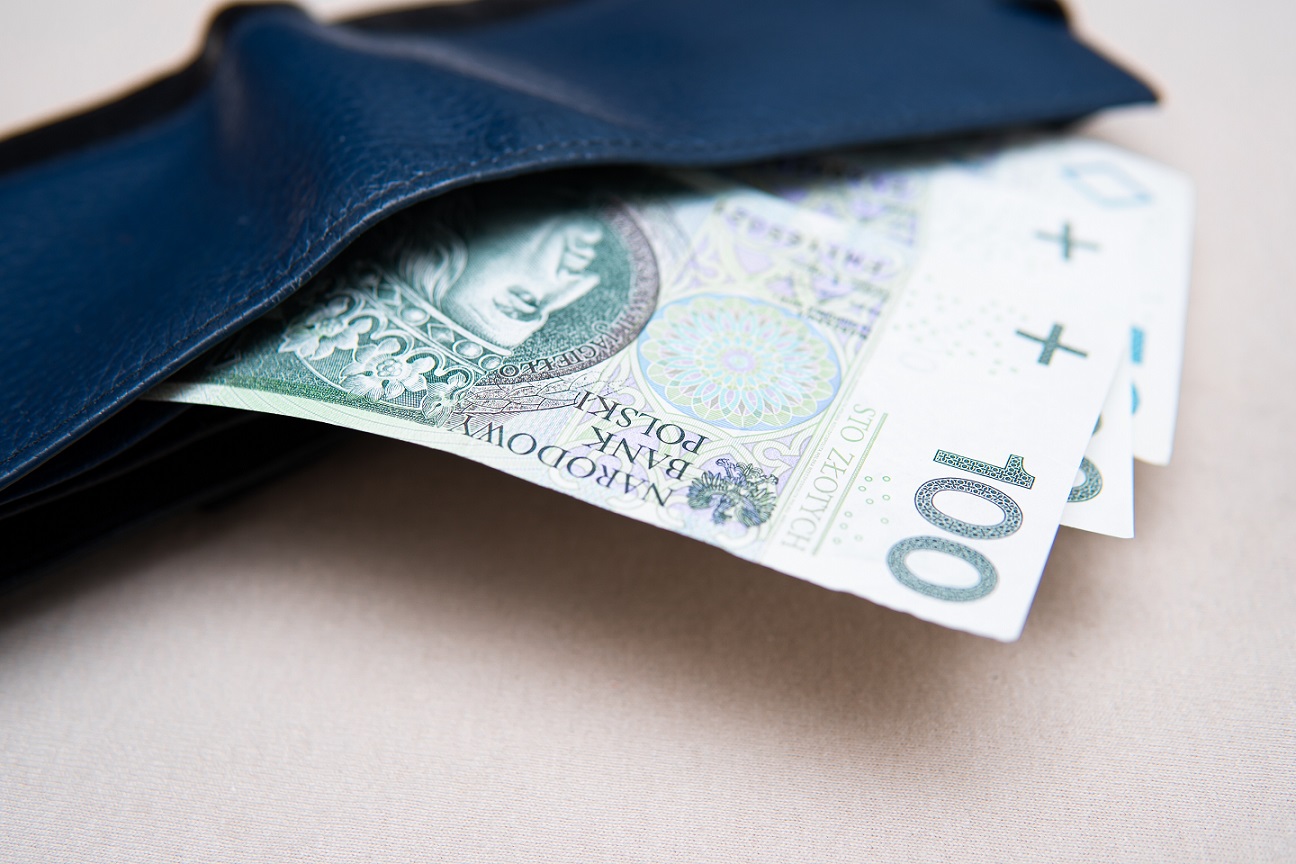Inequal shares in the joint assets of spouses may be fixed on the occasion of the division of the assets after divorce. The division of the common property after divorce usually takes place on an equal basis, which means that each spouse receives half of what was acquired during the course of the marriage. However, the law provides for situations where an unequal distribution of assets is possible.
Inequal interests in the common assets of spouses – rules for determining
In the proceedings distribution of property after divorce The court besides decides on the request determining the unequal interests of spouses in the common assets (Article 567(1) kpc).
In the light of Article 43, both spouses shall have equal shares in the common assets. However, for crucial reasons, each spouse may require that the determination of shares in the common assets be made taking into account the degree to which each of them contributed to the formation of that property.
As in the case-law, unequal shares in the common assets require the cumulative fulfilment of the 2 conditions set out in that provision, namely:
- the existence of crucial reasons
- The contribution of spouses to the creation of common assets to varying degrees
(Yes: orders from the ultimate Court of 24 April 2013, No. IV CSK 553/12 and No. 21 November 2002, No. III CKN 1018/00, LEX No. 77054).
 Attorney of Kraków Podgórze – Inequal shares in common assets after divorce
Attorney of Kraków Podgórze – Inequal shares in common assets after divorceInequal shares in common assets and valid reasons for determining them
The ‘important reasons’ referred to in Article 43(2) above concern the assessment of the behaviour of the spouse and the conditions of things caused by him which are the origin of the lower value of the common property than that which would have occurred if he had acted properly. This behaviour must be reduced to an incorrect, gross or persistent failure to contribute to the increase of common assets, despite the wellness and earnings opportunities available. (Yes: order of the ultimate Court of 30 November 1972, ref. Act III CRN 235/72).
The assessment of this conduct should take into account the full conduct of the spouse in the exercise of his or her household responsibilities during his or her business relationship. For crucial reasons, specified circumstances as assessed from the point of view of the principles of social coexistence are understood to argue the granting of benefits to 1 of the spouses from that part of the common property which the spouse did not contribute to (yes: order of the ultimate Court of 19 December 2012, act II CSK 259/12 and 28 April 1972, act III CRN 626/71).
Contribution to the formation of common assets
By contributing to the creation of the common assets, the full effort of each spouse to establish a household and to meet its needs is understood, not only the amount of earnings or another incomes achieved by each of them, but besides the usage they make of these incomes, whether they manage them decently and do not squander them recklessly. In addition, each spouse’s contribution is demonstrated not only by purely economical achievements, but besides by personal work in raising children and a common household.
Thus, in a situation frequently found in a duly functioning family, erstwhile 1 of the spouses committed himself to gaining employment and seeking to rise or grow the common property, the another devoted his time to raising children and moving a common household, thus relieving the burden on the spouse and making it easier for him to gain income, it is reasonable to believe that the spouses have equally contributed to the formation of the common property and, therefore, it is not possible to determine unequal shares in common assets.
It is essential to show that there are crucial reasons for the determination of unequal shares in the common assets in proportion to the degree of contribution of each spouse to the formation of the common assets in favour of specified a settlement, which are assessed from the point of view of the principles of social coexistence, i.e. that 1 of the spouses receiving a benefit from specified part of the common assets as it did not contribute to would be contrary to those principles (yes: the decision of the territory Court of Wąbrzeń of 19 June 2018, Ref. Act I Ns 73/15).
Child rearing and unequal share of common assets
With respect to the grounds for the contribution of spouses to the creation of the common assets, it should be pointed out that they constitute not only their actions leading straight to the expansion of the substance of the property, but besides form their full efforts to establish and meet the needs of the family. The degree of this contribution is not solely determined Amount of earnings or another income from spouses utilized to meet household needs.
In order to specify it, it matters whether the spouses manage their resources rationally or recklessly they do not squander them (yes: J. Pitowski, Shares of the spouses... p. 291. K. Piasecki (ed.), household and Care Code. Commentary, issue V, LexisNexis 2011). In another words, The disproportion of the degree of contribution to the formation of the common assets may take the form of a twofold form: or the absence by 1 of the spouses of appropriate efforts to multiply the common assets, or of proceedings resulting in the squandering thereof..
Burden of evidence in the case of the establishment of unequal shares in the common assets
The general regulation is that there is simply a presumption of equal participation in common assets (Article 43(1) of the General Law). Consequently, and the general rule of the burden of proof (Article 6 k.c.), the grounds for establishing unequal shares in the common assets must be demonstrated by the spouse who requested the uncovering unequal shares in common assets. (yes: order of the Szczecin territory Court of 5 December 2017, Ref. Act II Ca 719/17).












